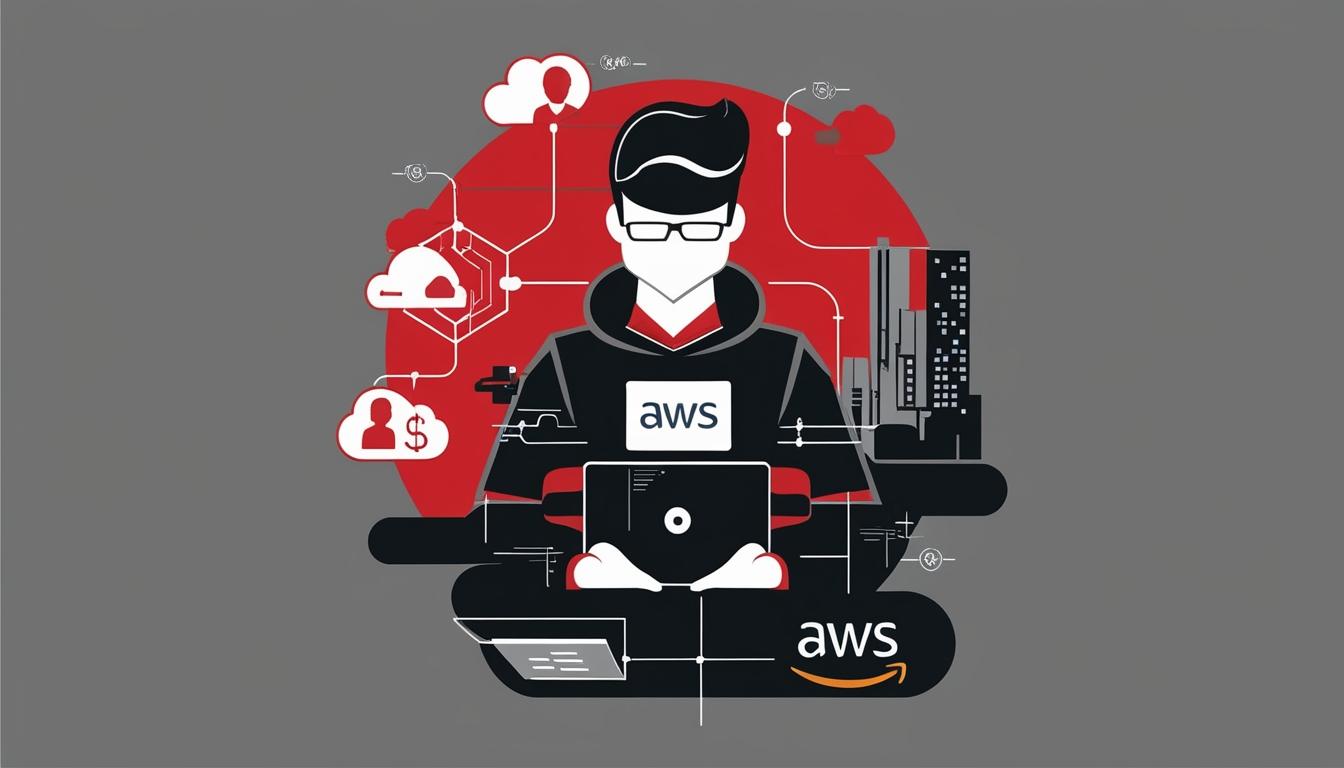The ongoing discourse surrounding artificial intelligence (AI) within the investment community conveys polarised views, often oscillating between two extremes: a resurgence of a market bubble reminiscent of the late 1990s dot-com boom and a vision of imminent superintelligence that is expected to radically alter business practices overnight. However, experts assert that the reality of AI is far more intricate than these simplified narratives suggest, highlighting the need for a deeper understanding of the technology and its mechanisms.
An example of an individual navigating this complex landscape is an AWS Certified AI Practitioner who assumes the role of a DevOps Engineer. This engineer is engaged in building, deploying, and maintaining internal AI infrastructure using Amazon Web Services (AWS) Cloud. Their current projects include the development of a chatbot specifically tailored for internal development and platform teams, leveraging tools and methodologies such as Terraform, AWS Bedrock, AWS Sagemaker, and Langchain. The engineer noted that they are pursuing more advanced AWS machine learning certifications to enhance their expertise in AI and machine learning, illustrating both a commitment to professional development and the evolving nature of job roles within the tech industry.
The narrative surrounding AI extends beyond technical deployments; it encompasses broad industry forecasts that aim to predict how AI will reshape business practices over the coming years. With analysts closely monitoring the implications of AI technologies, there is an emphasis on understanding both the potential opportunities and risks involved. The anticipated progression of AI is expected to present businesses with not only automation capabilities but also new strategic advantages that could redefine competitive landscapes.
Leading industry voices suggest that the influences of AI will extend into various sectors, prompting organisations to adapt their operational frameworks to harness the possibilities facilitated by these technologies. As the engineer expressed in their technical insights, the complexity of AI requires continual learning and adaptation, which is increasingly becoming the norm for professionals tasked with navigating the digital transformation journey.
No stock or derivative positions are reported to be held by the engineer in relation to discussed companies, ensuring an unbiased perspective amid a market crowded with speculation. This transparency furthers the conversation about investment strategies in the rapidly evolving context of AI, where data-driven decision-making and thorough analysis are paramount.
As AI continues to advance and integrate into business structures, organisations are encouraged to consider the broader implications of these technologies, keeping in mind that while projections fuel speculation, the practical applications and results of AI developments will ultimately shape its impact in the corporate world. With insights from experienced professionals and analysts alike, the industry remains attentive to how AI will redefine business practices in the near future.
Source: Noah Wire Services
